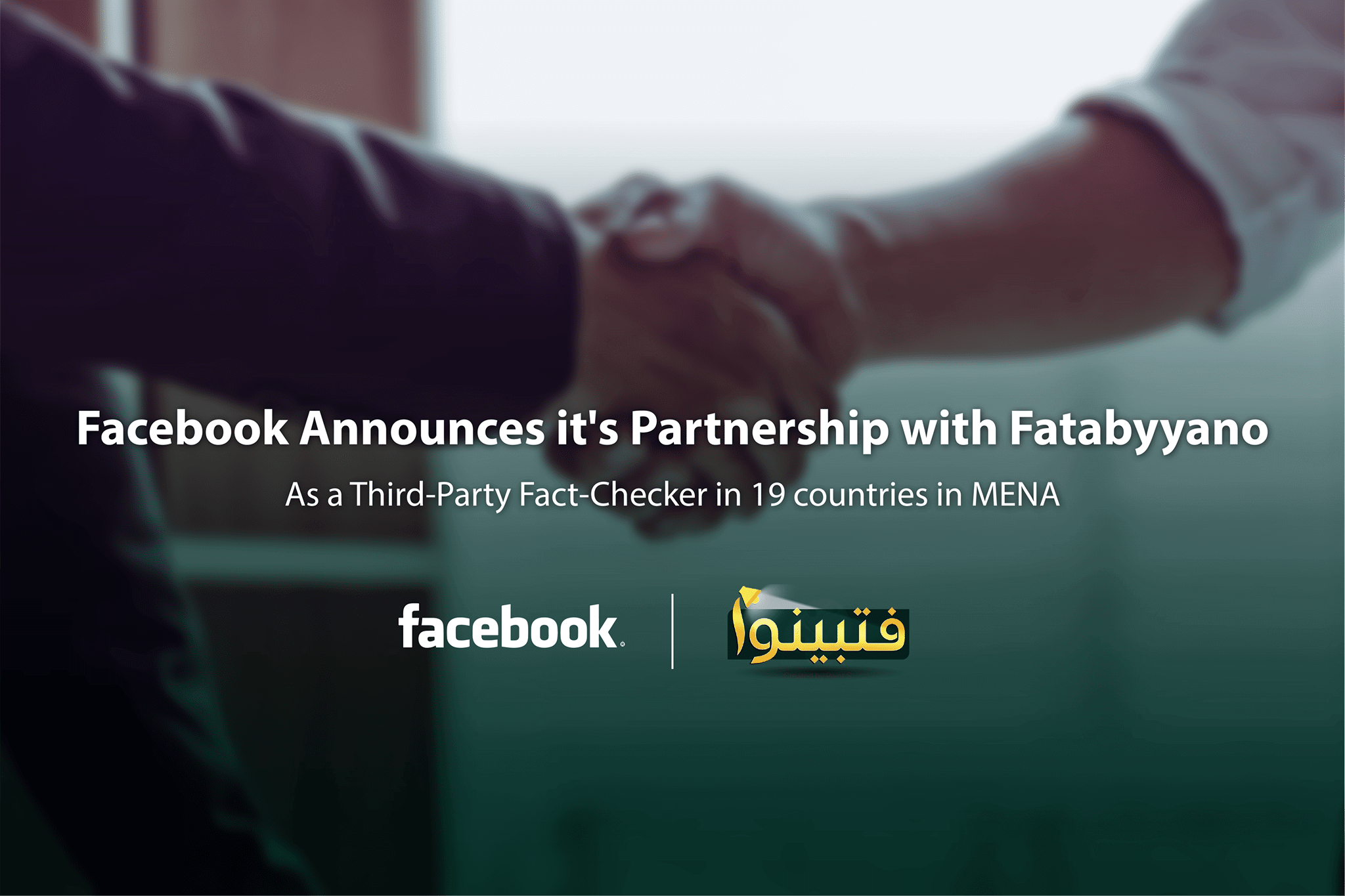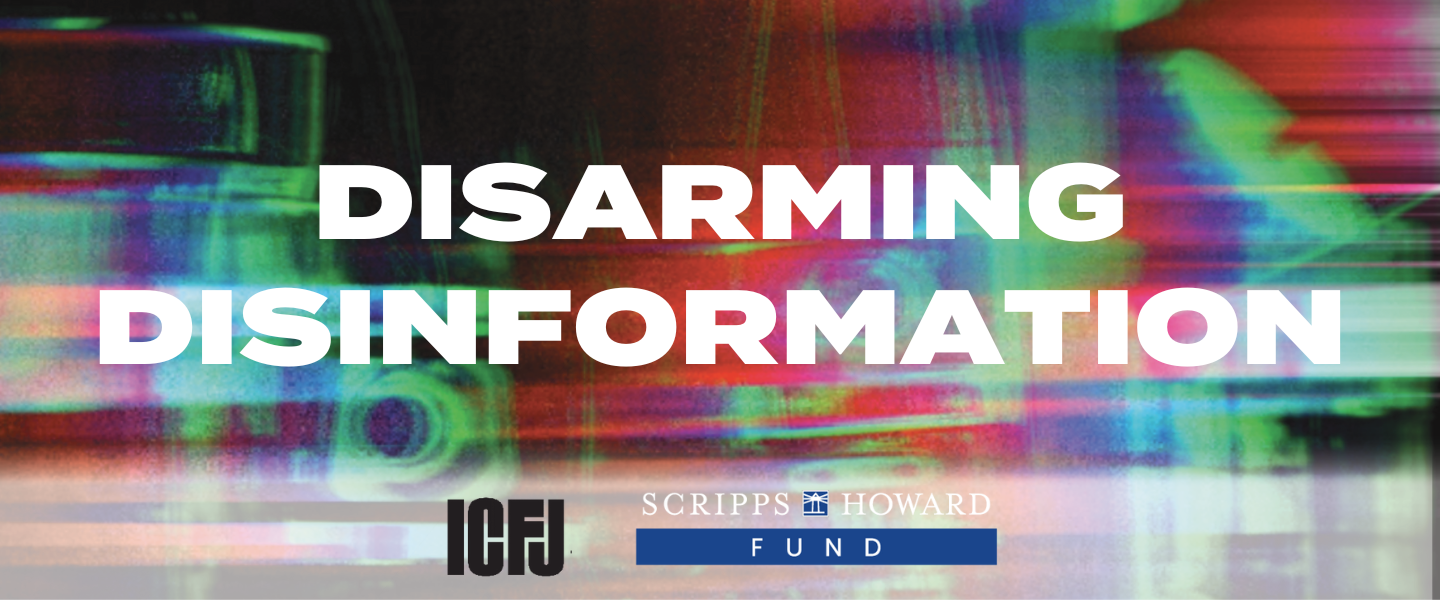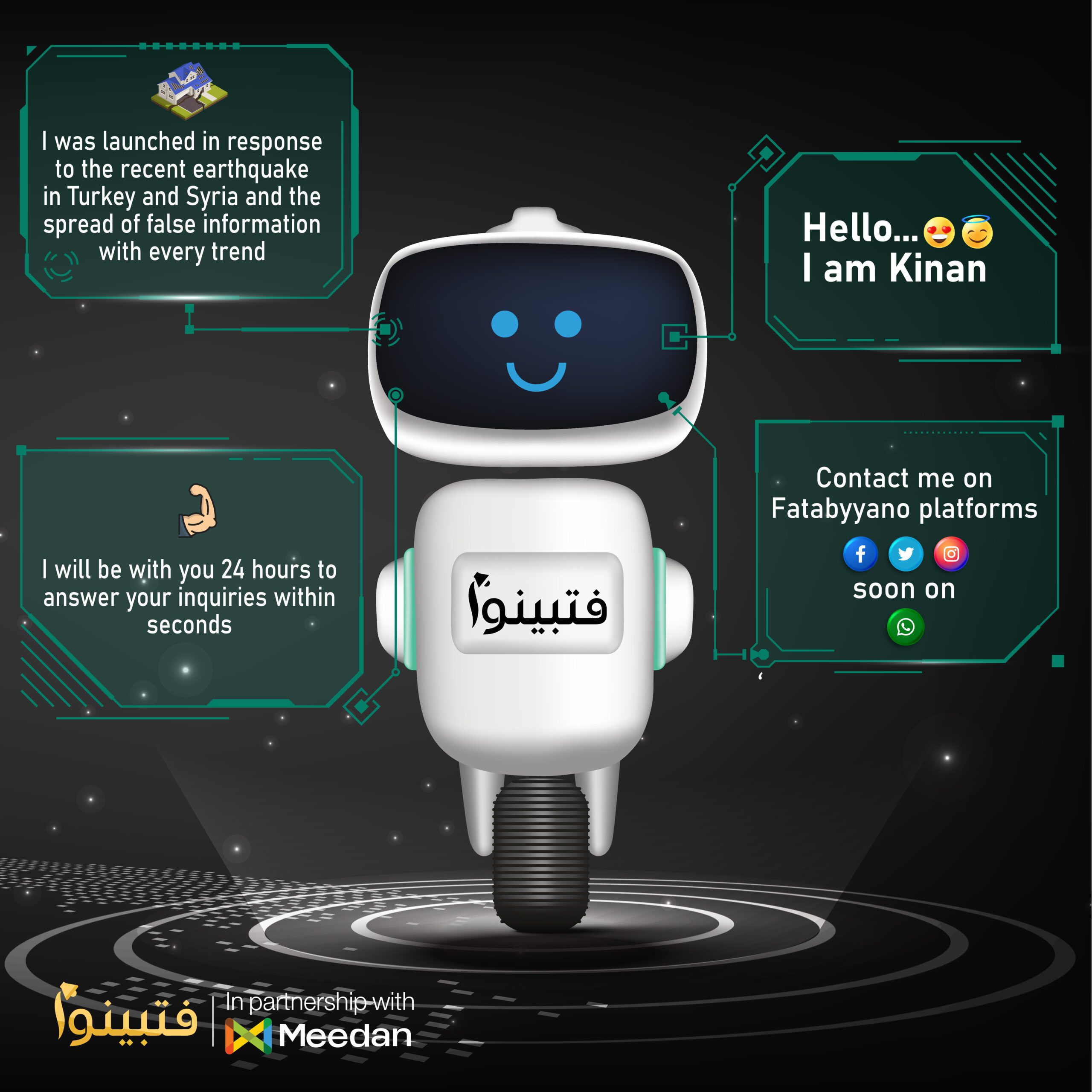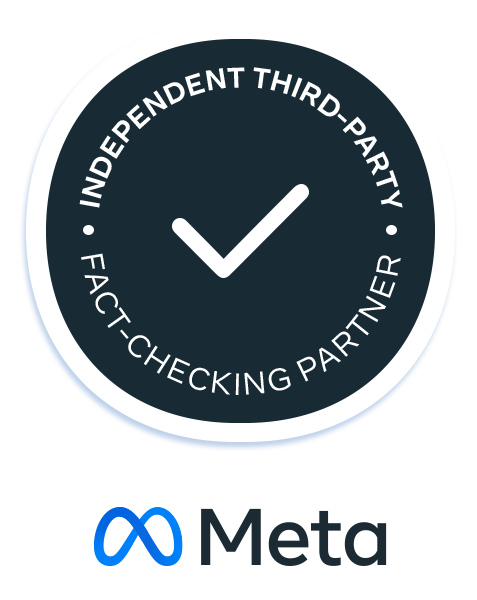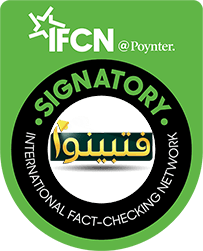سيزود المركز الدولي للصحفيين (ICFJ) المحترفين الذين يشعرون بالشغف لمكافحة التضليل المعلوماتي بالمهارات اللازمة لعقد ورش عمل وفعاليات لمجتمعاتهم، لمساعدة المزيد من الأشخاص على...
Facebook Launches Arabic Third-Party Fact-Checking Program in Partnership with Fatabyyano in the Middle East
March 19, 2020 – Today, Facebook announced that it will be launching third-party fact-checking in
Arabic across the MENA region in partnership with Fatabyyano, an independent platform that
specializes in news verification. The partnership works to support Fatabyyano’s efforts to combat false
news by reducing the spread of misinformation on the platform.

Why Fatabyyano?
In its approach, Fatabyyano aims to improve the quality of news on Facebook by implementing steps to review and rate the accuracy of stories, including photos and videos, that appear in users’ News Feed
The initiative will be spearheaded by Arabic-speaking Fatabyyano fact-checkers who will rely on a
standard set of criteria to determine the authenticity of content.
In line with all of Facebook’s partnerships globally, Fatabyyano is certified by the non-partisan International Fact-Checking
Networking. Based in Jordan, Fatabyyano services local communities across the MENA region including
Tunisia, Morocco, Algeria, Western Sahara, Palestinian Territory, Syrian Arab Republic, Libya, Jordan,
Saudi Arabia, United Arab Emirates, Qatar, Kuwait, Oman, Bahrain, Yemen, Iraq, Egypt, Sudan, and
Lebanon.

As the impact of COVID-19 has spread around the world, Facebook’s third-party fact-checking partners
Developed in accordance with Facebook’s three-part framework, the company’s third party fact-
checking program seeks to improve the quality and authenticity of stories in the News Feed by removing
accounts and content that violate its Community Standards or ad policies, reducing the distribution of
false news and inauthentic content like clickbait, and informing people by giving them with more
content on the posts they see.
To ensure transparency, articles that are written by third-party fact-checkers on any piece of content
will appear in Related Articles immediately below the original story in News Feed. If a post has been
determined as being false, Page Admins and users on Facebook who try to share the post or have shared
it in the past will receive a notification informing them of the inaccuracy of the story. In turn, this helps
to promote news literacy and disrupt the financial incentives of spammers, while empowering people to
decide for themselves what to read, trust, and share.
Mohamed Omar, News Partnerships Manager, Middle East and North Africa at Facebook, said: “At
Facebook, we are making significant investments to promote high-quality journalism and news literacy.
In collaborating with news organizations to prevent the spread of false news, our aim is to dramatically
decrease the reach of stories used for economic and political gains. Across the MENA region, people
access our platforms every day and we recognize the responsibility we have in ensuring they are given
the tools to make informed decisions about the content they see. Our partnership with Fatabyyano
underlines this commitment as we look to expand our third-party fact checking program in the fight
against misinformation.”

Dr. Moath Al Thaher, CEO & Founder, Fatabyyano, said: “We are pleased to partner
with Facebook in our efforts to extend our fact-checking initiatives throughout the Middle East. As a
locally established entity, information verification of news sources across our region remains our
upmost priority. In light of the spread of misinformation seen across Facebook’s platforms, we are
dedicated to minimizing the distribution of false news in the Arabic language.”

Facebook’s fact-checking program, which now covers content in over 40 languages around the world,
also extends to Facebook users the ability to provide feedback on stories they think are false, alerting
fact-checkers to review suspicious or concerning content.
Facebook started the third-party fact-checking program in December 2016 and has grown to include
over 50 partners including organizations such as AFP and, now, Fatabyyano.

